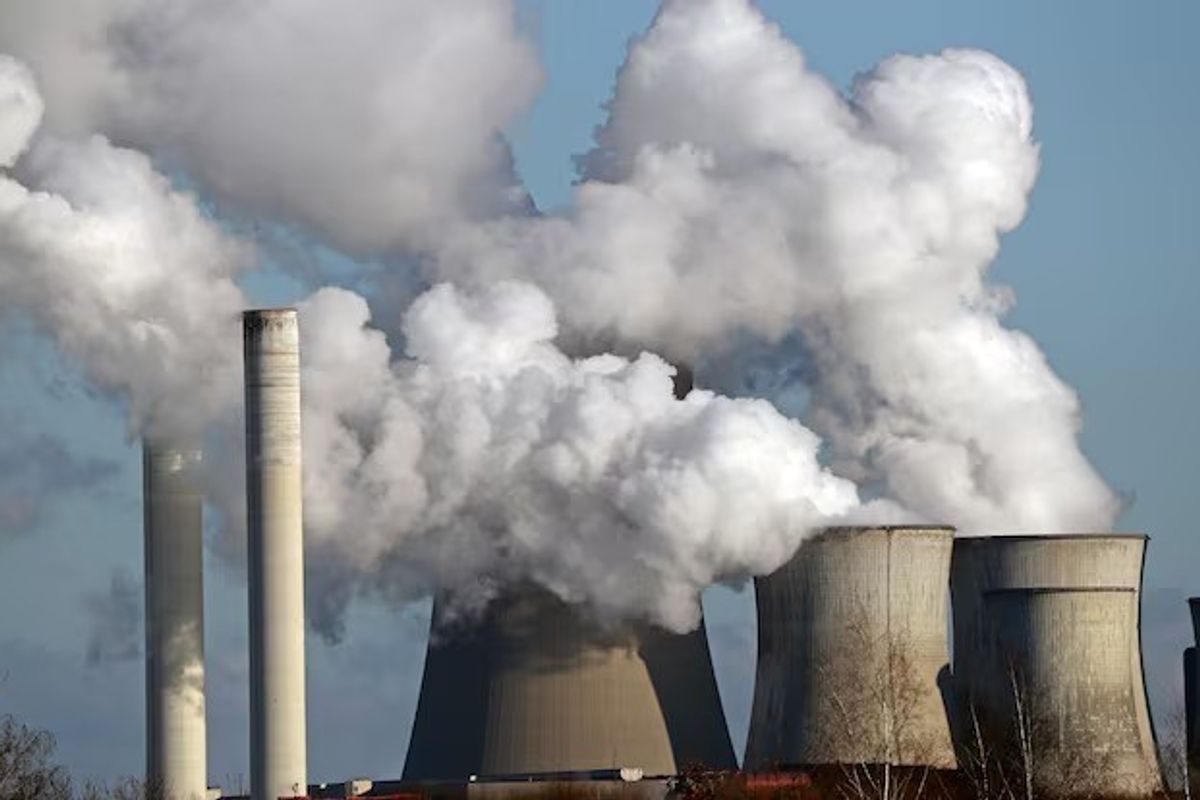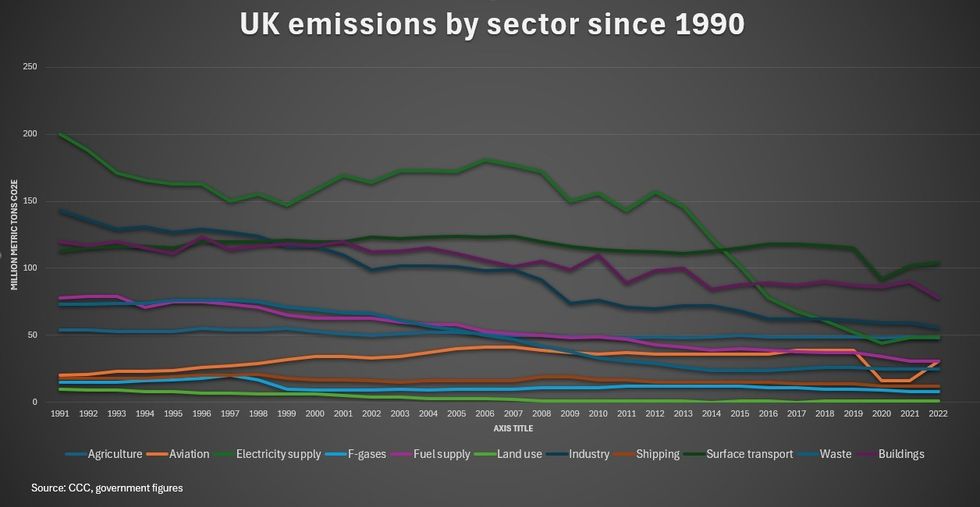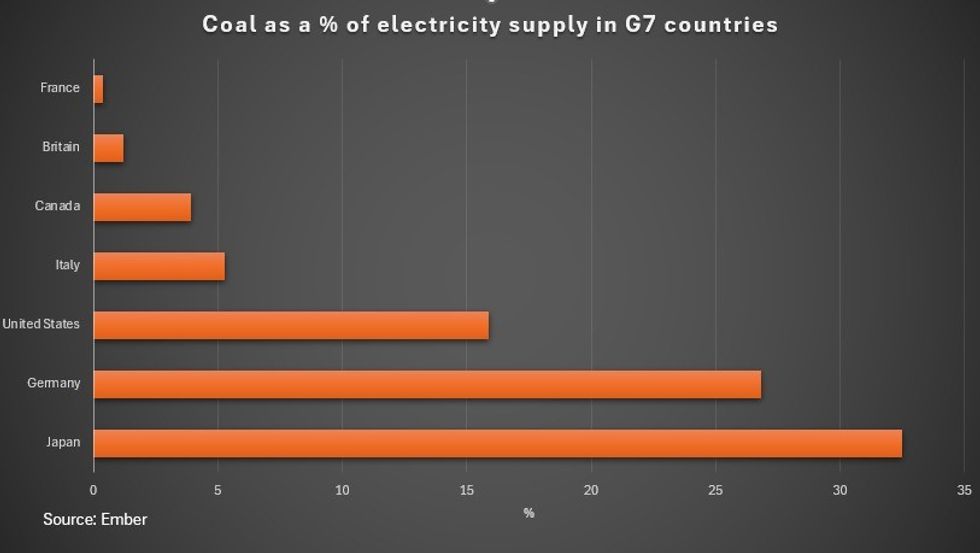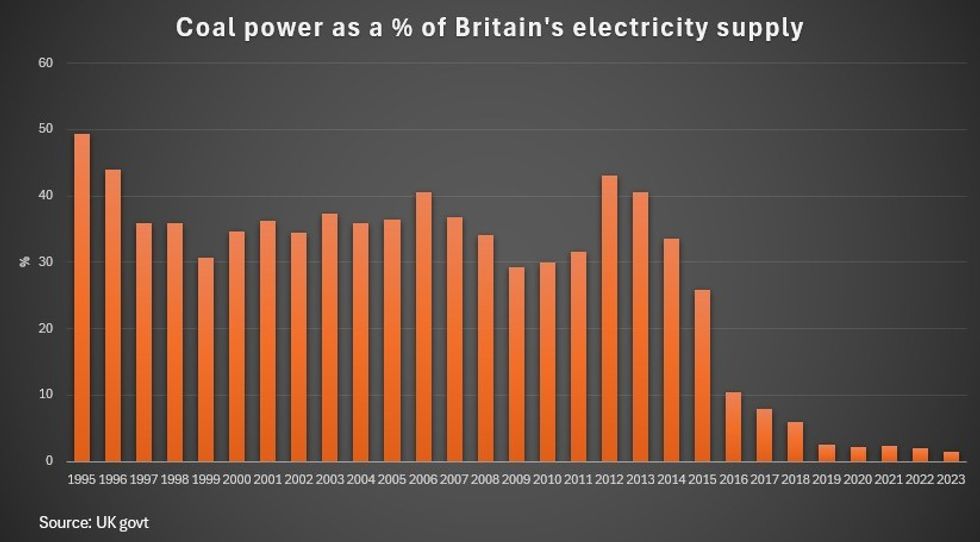Britain to become first G7 country to end coal power as last plant closes
It will end over 140 years of coal power in Britain
Reuters
News Agency Partner
Reuters is a leading source of news and information, delivering fact-based reporting and expert analysis on international events and trends.

Steam rises from the Niederaussem lignite power plant, in Niederaussem, Germany, January 16, 2020.
Reuters
Coal's contribution to Britain's electricity has fallen from nearly 30% in 2015 to just over 1% last year
The decline in coal use has led to a more than 50% reduction in greenhouse gas emissions since 1990, as Britain targets net zero by 2050
Britain will become the first G7 country to end coal-fired power production on Monday with the closure of its last plant, Uniper’s Ratcliffe-on-Soar in England’s Midlands.
It will end over 140 years of coal power in Britain.
In 2015 Britain announced plans to close coal plants within the next decade as part of wider measures to reach its climate targets. At that time almost 30% of the country’s electricity came from coal but this had fallen to just over 1% last year.
The drop in coal power has helped cut Britain's greenhouse gas emissions, which have more than halved since 1990.
Britain, which has a target to reach net zero emissions by 2050, also plans to decarbonize the electricity sector by 2030, a move which will require a rapid ramp-up in renewable power such as wind and solar.
Emissions from energy make up around three quarters of total greenhouse gas emissions and scientists have said that the use of fossil fuels must be curbed to meet goals set under the Paris climate agreement.
In April the G7 major industrialized countries agreed to scrap coal power in the first half of the next decade, but also gave some leeway to economies who are heavily coal-reliant, drawing criticism from green groups.
Coal power still makes up more than 25% of Germany's electricity and more than 30% of Japan’s power.













Comments
See what people are discussing